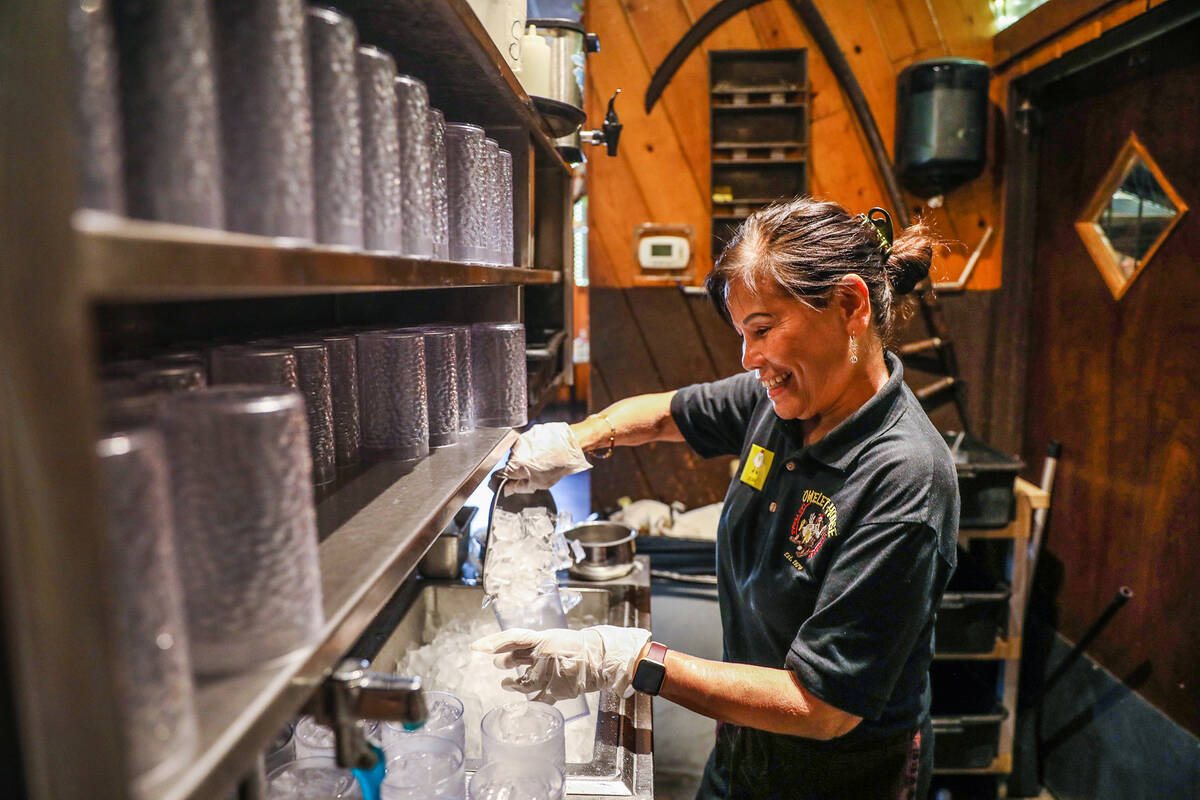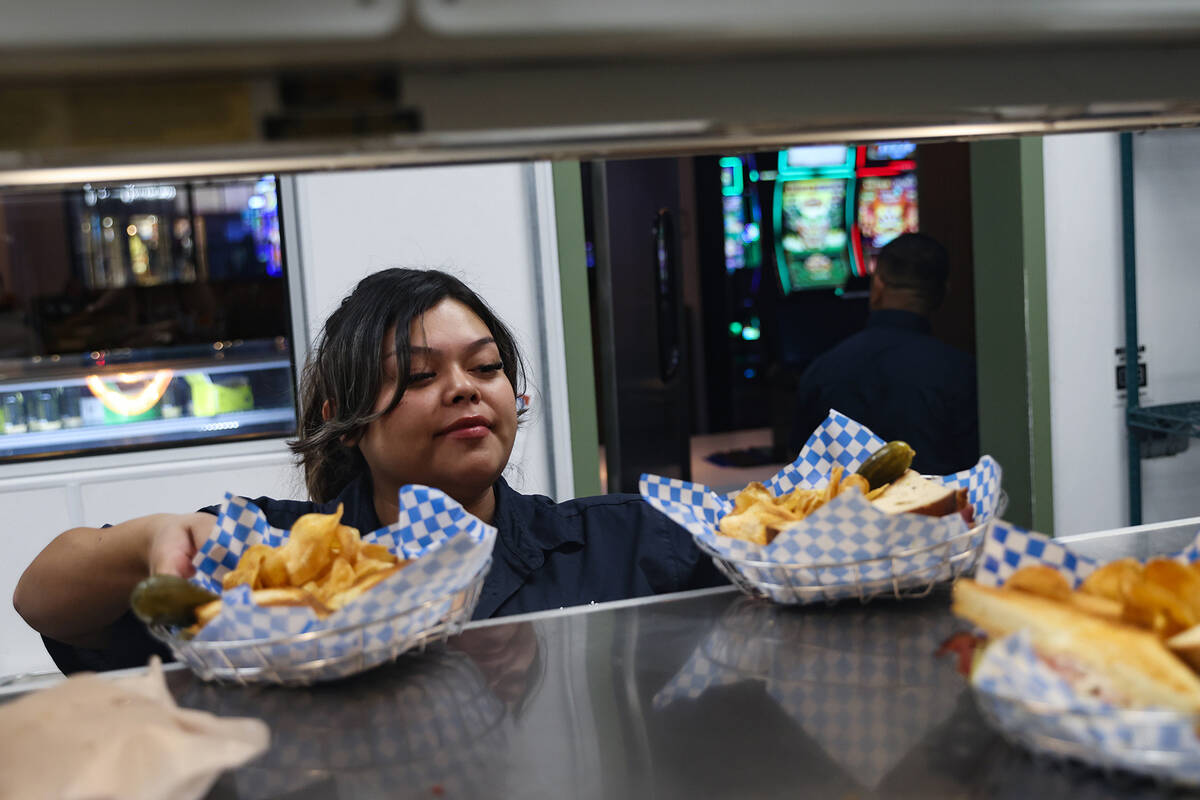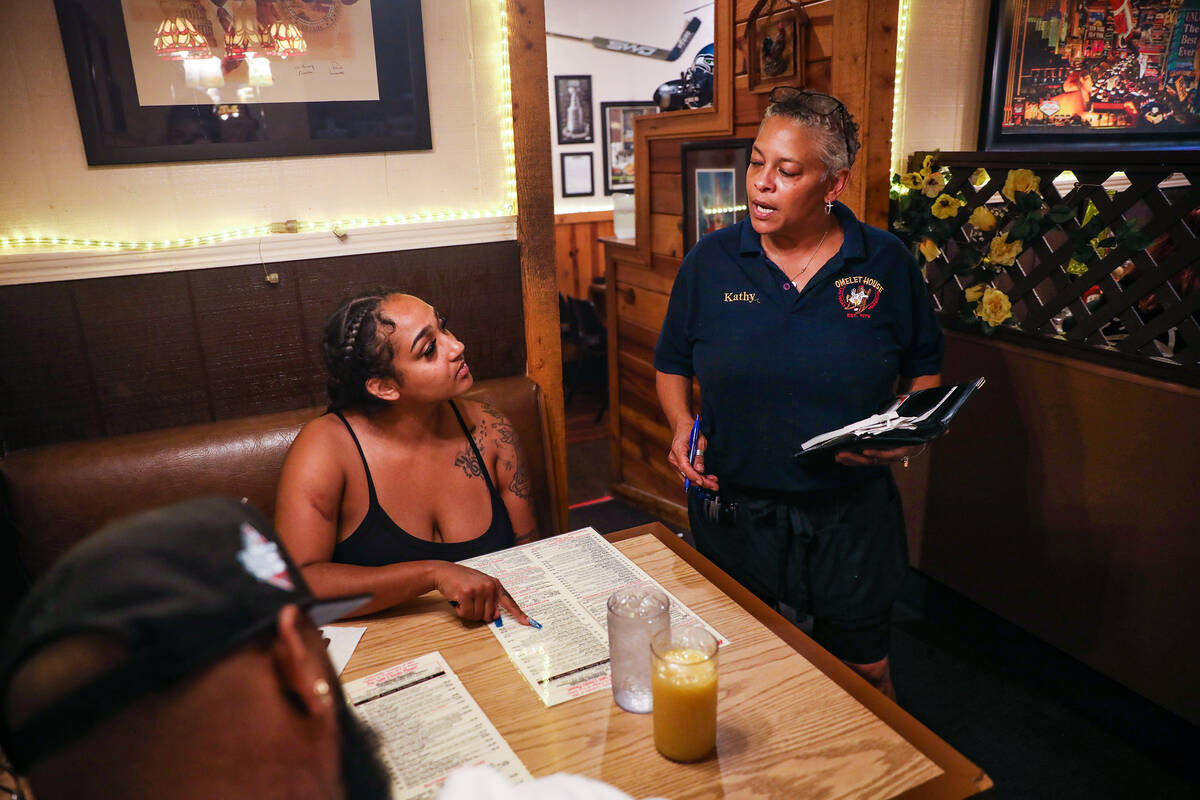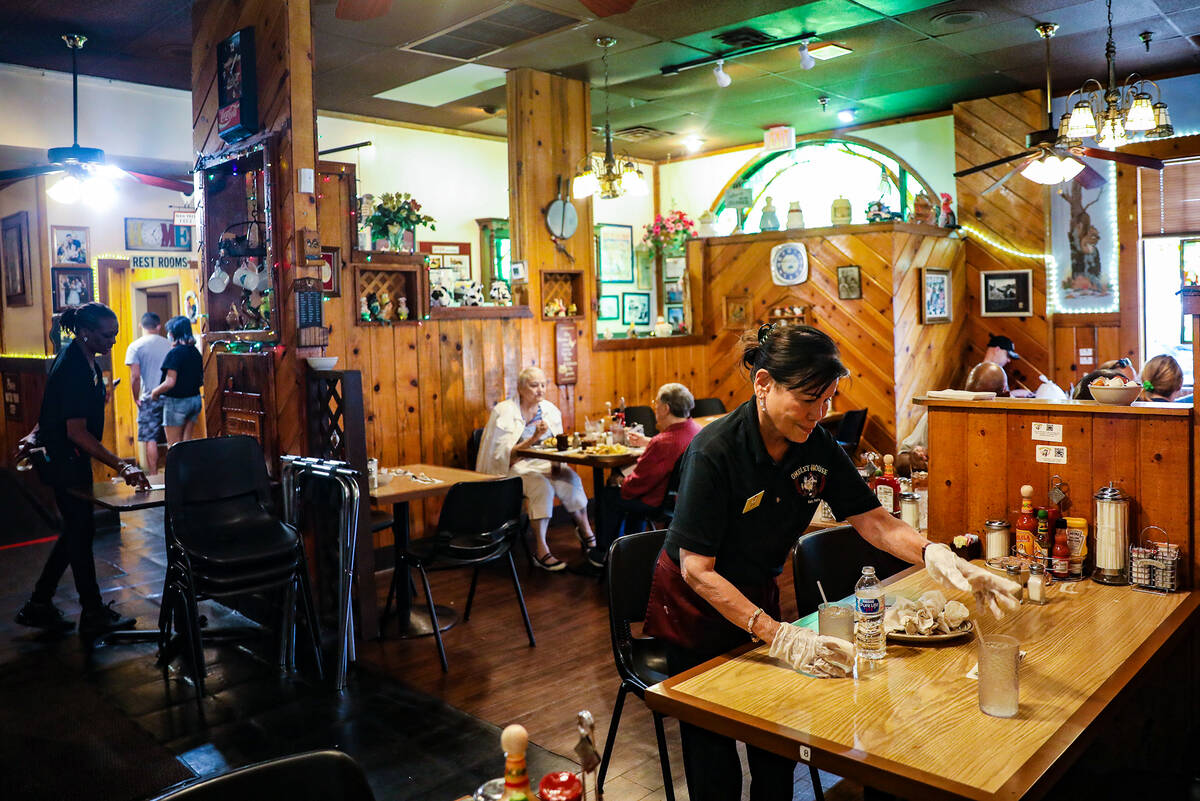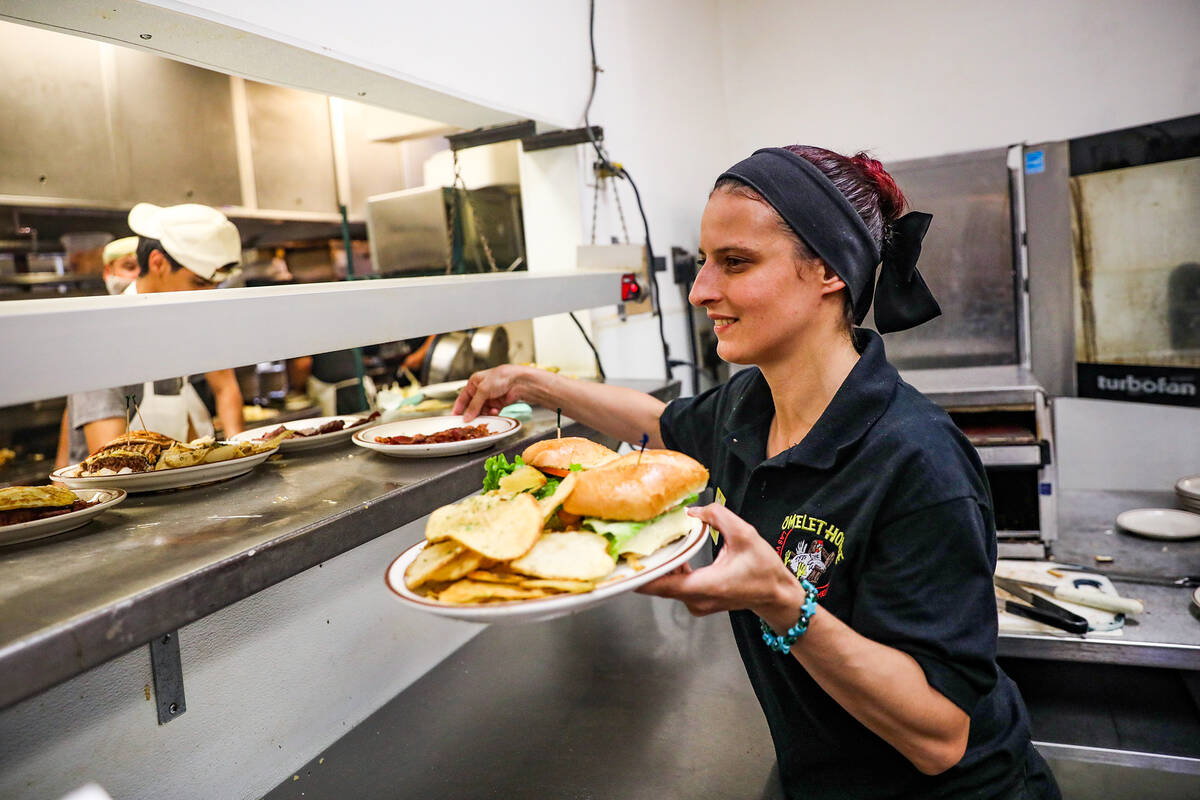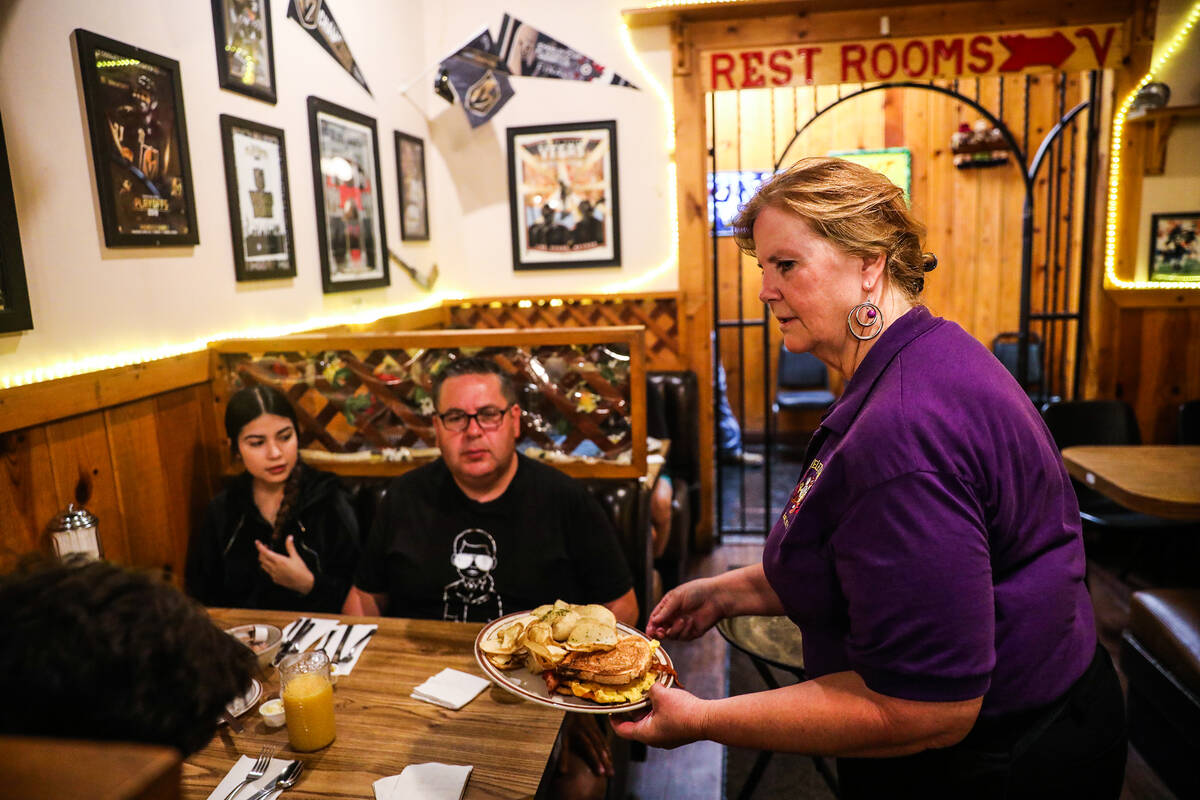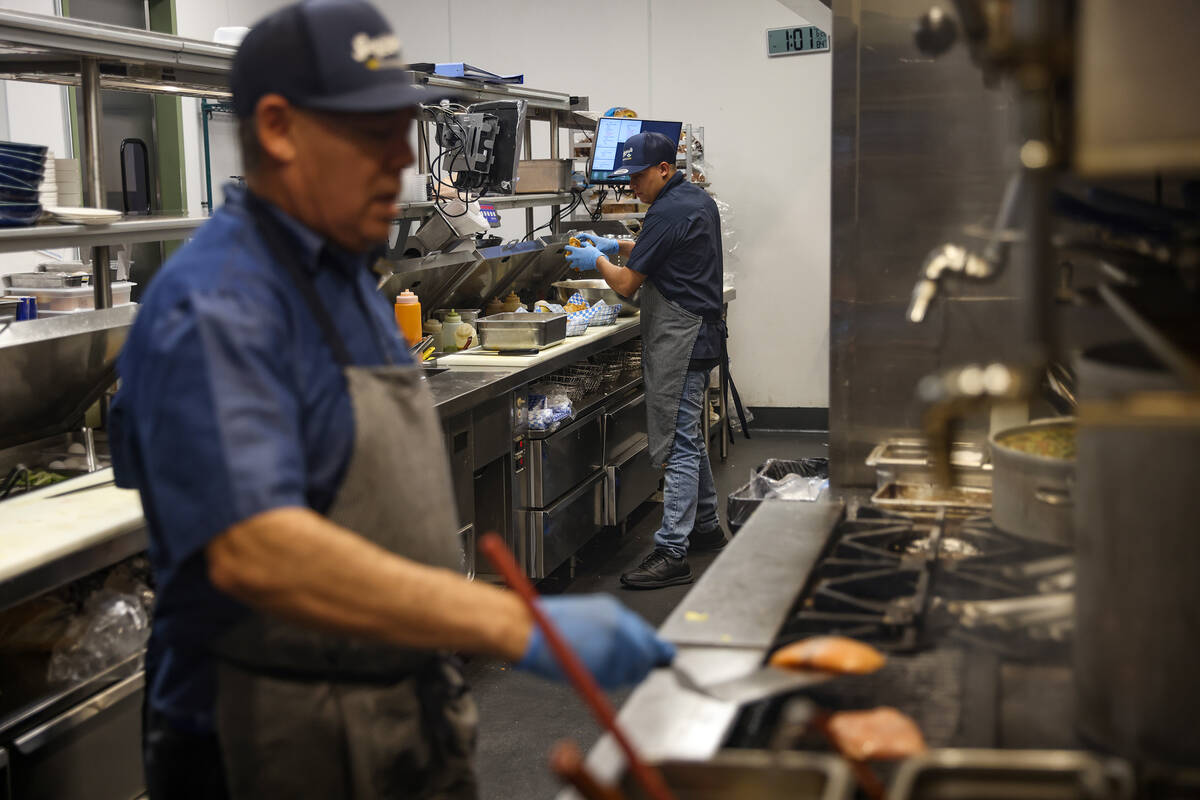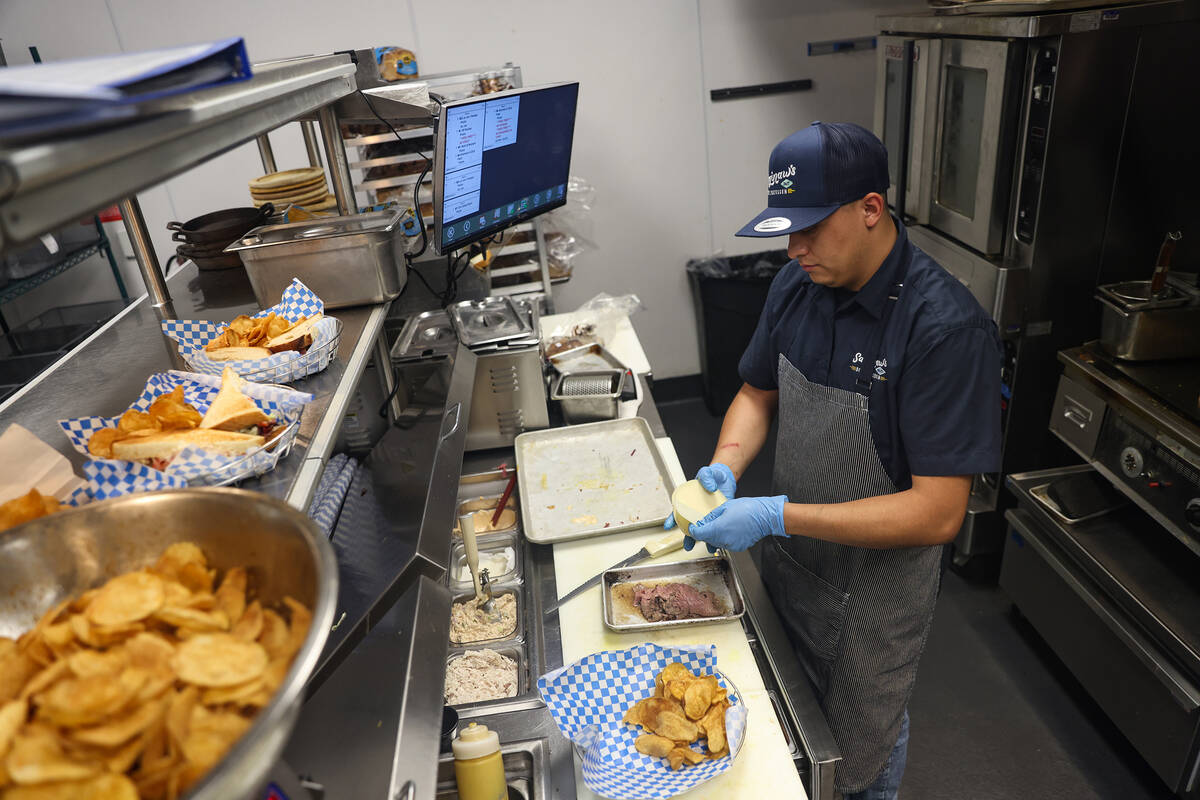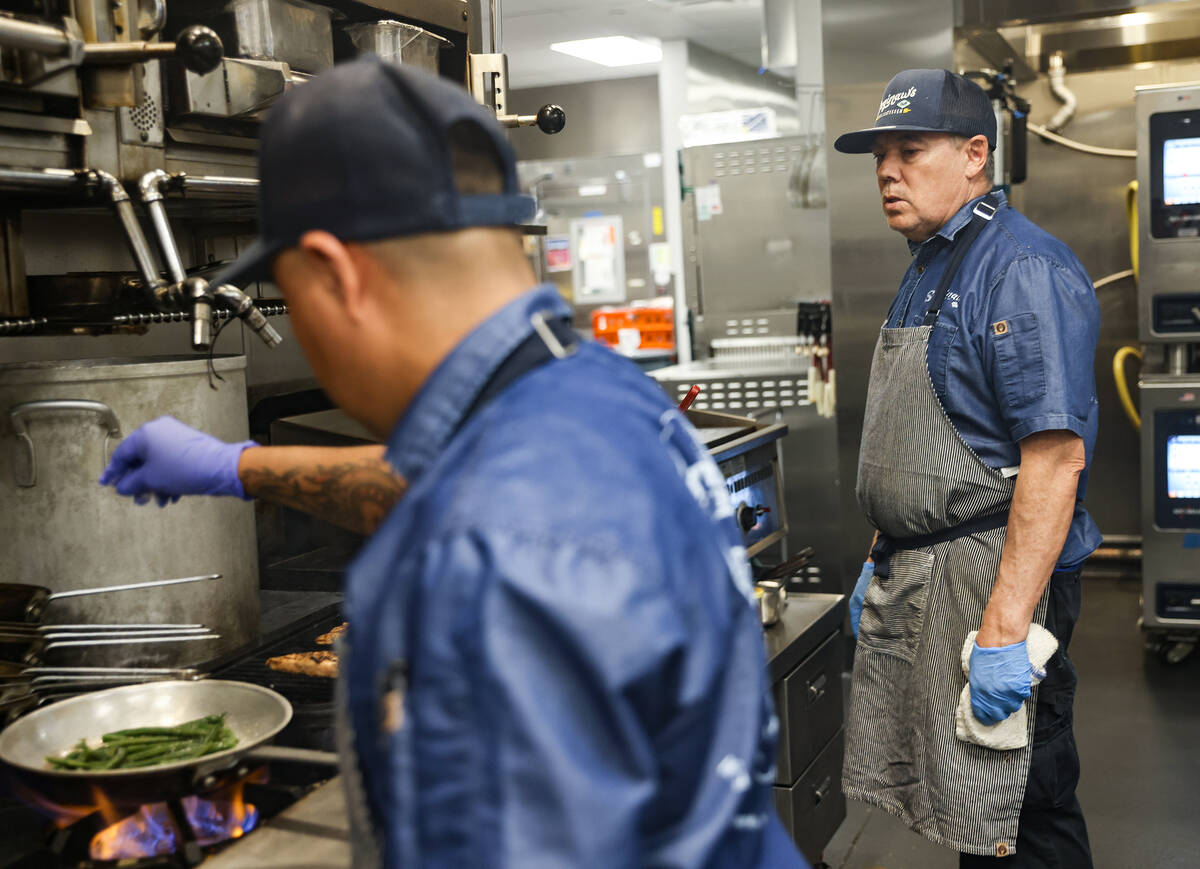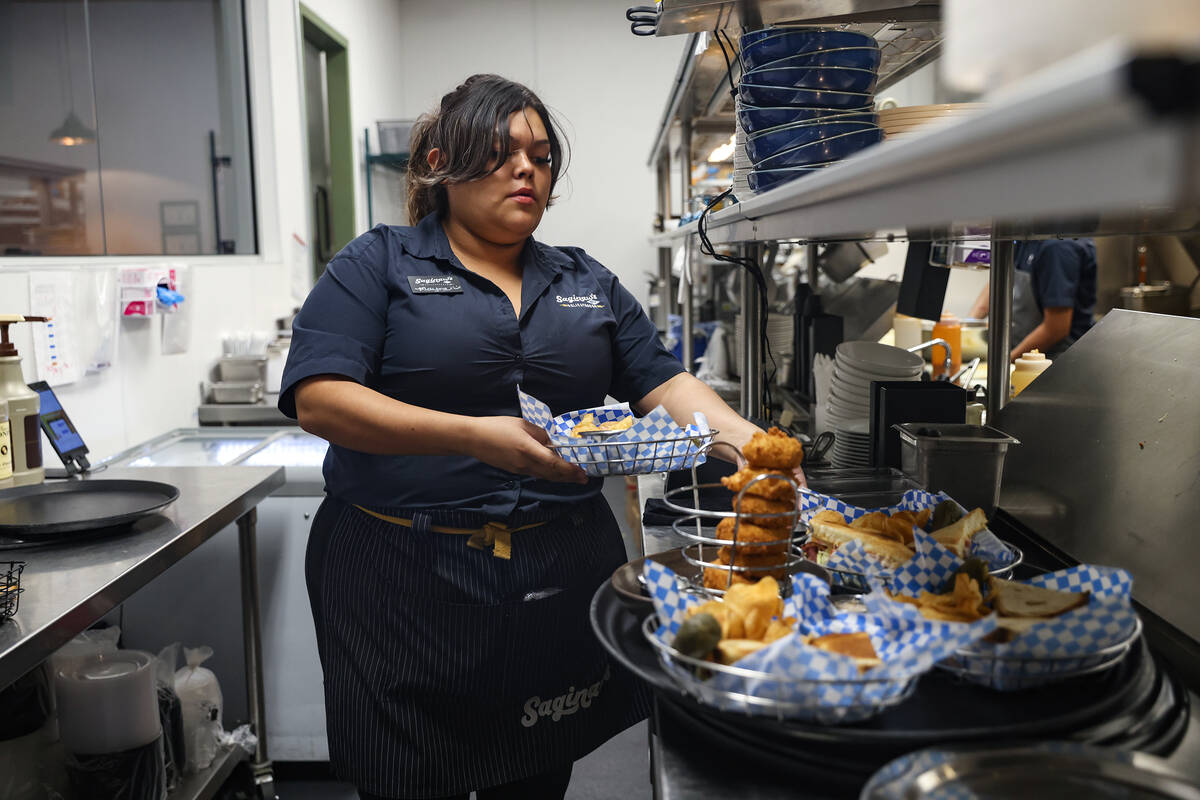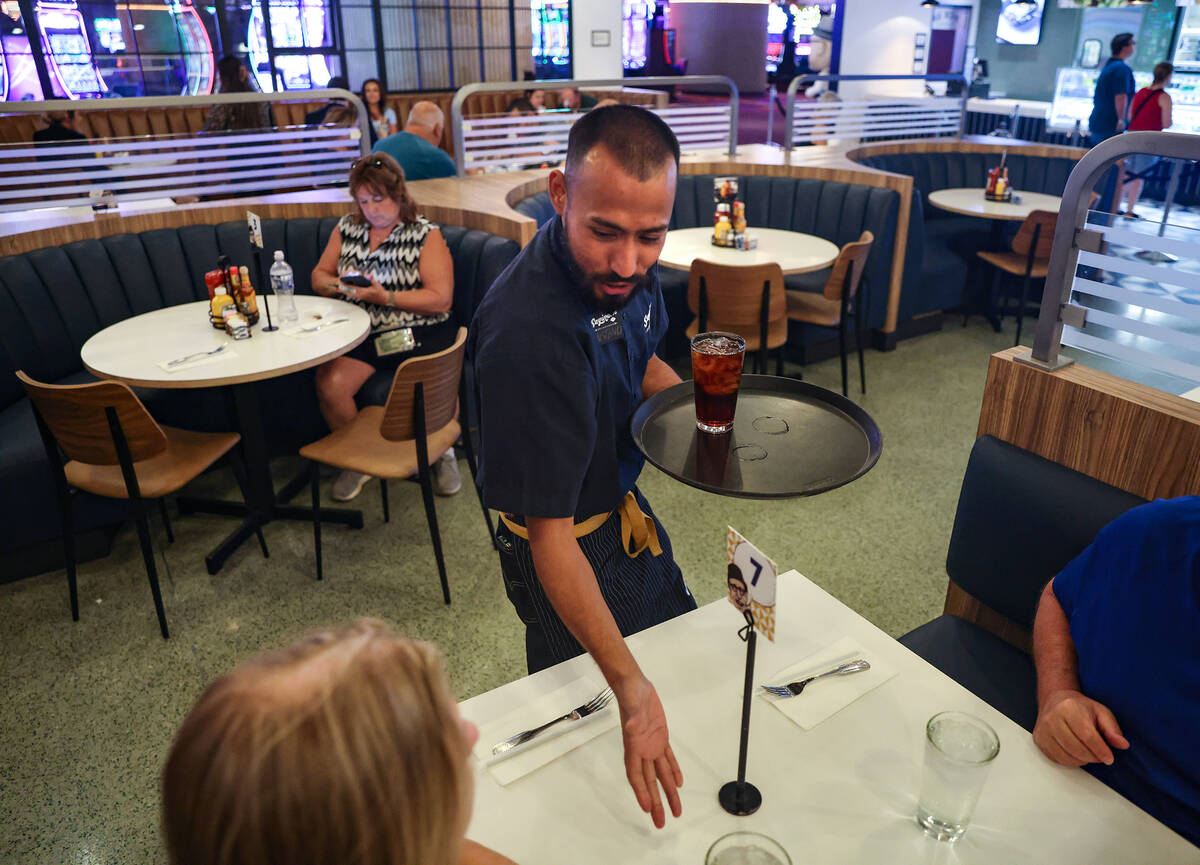New minimum wage begins July 1
Nevada’s lowest-paid workers will soon see a larger paycheck when the state’s minimum wage reaches about $11.25 an hour, all while many jobs continue to offer starting rates beyond that.
The scheduled increase on July 1 is a result of Assembly Bill 456, passed in 2019, which dictates that the state’s minimum wage rises in 75-cent increments until July 2024. The law includes a two-tier system that offers a lower wage to employees with qualifying health benefits. This year, those workers will receive a minimum hourly wage of $10.25.
It’s also the last year of such a two-tiered system after roughly 55 percent of voters in November 2022 approved a constitutional amendment setting a $12 minimum wage. That will go into effect July 1, 2024.
The increases come at a time of continued wage inflation. Many of the typical minimum wage jobs are paying several dollars more because of the intense competition for workers since the pandemic’s lockdowns were lifted.
“If you drive by a fast food restaurant they’re offering sometimes $15 to $20 (starting wages),” said Tray Abney, Nevada state director for the National Federation of Independent Businesses. “The market has driven that. They have to offer that to anyone to get them to work for them.”
Abney said some of the state chapter’s roughly 2,000 members are bracing themselves for higher wage costs in the future. Most of the members, whose businesses typically employ less than 10 people, are prepared for the upcoming changes because of the scheduled structure of increases, he said.
But the group is concerned about the possibility of further minimum wage hikes in 2025 and beyond. The constitutional amendment allows the Legislature to pass laws setting higher rates than the constitutionally mandated minimum. And, any change to the federal minimum wage — currently set at $7.25 per hour — would also cause the state’s minimum wage to rise.
“Everything is more expensive — everything — (and) the fact that they’re paying more for wages is just another cost,” Abney said. “You have to recoup that cost somewhere. Small businesses don’t have a money bin like Scrooge McDuck.”
If businesses have to drive up wages, they may turn to offering fewer benefits or hiring fewer employees to cover the costs, he said.
Other business owners say they’re less concerned with the rate increase. Paul Saginaw, owner of Saginaw’s Delicatessen in Circa Resort, said he supports rising minimum wages because he views it as a “humanitarian problem.”
Further, higher wages are good for business, he said. Saginaw said he’s found that when wages went up, labor costs were kept in check or lowered because they had less turnover, resulting in more experienced staff with better productivity.
Saginaw’s currently employs between 85 and 100 people, he said. Everyone earns at least $14 hourly, with a raise after the training period and health care benefits of $420 per person per month.
“(The) biggest struggle is the cost of goods, not wages,” Saginaw said. “When you have a staff that’s been with you and believes they’re in it with you, then they work hard to keep waste to a minimum and provide a high level of service so the guests have a great experience.”
McKenna Ross is a corps member with Report for America, a national service program that places journalists into local newsrooms. Contact her at mross@reviewjournal.com. Follow @mckenna_ross_ on Twitter.



